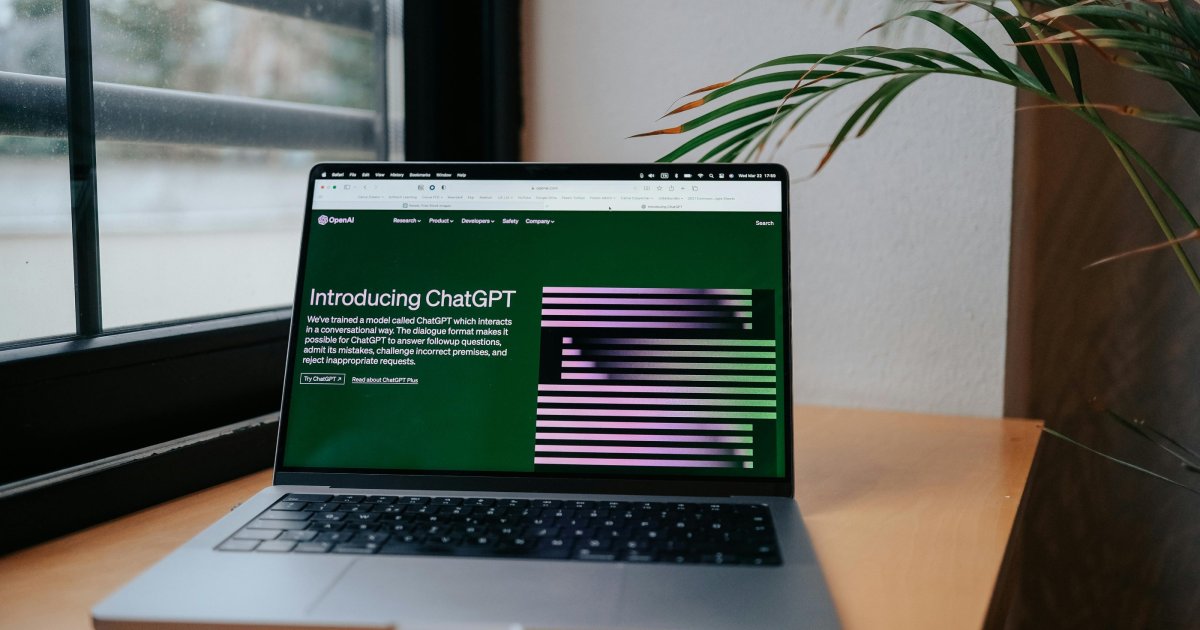
ChatGPT developer OpenAI may be one step closer to creating a third-party search tool that integrates the chatbot into other websites as its primary function. If the project becomes a reality, OpenAI could target Google as a search engine and web browser.
A source told The Information that the project is a search tool called NLWeb, Natural Language Web, and that it is currently in a prototype phase. OpenAI has shown the prototype to several potential partners in the travel, retail, real estate and food industries, naming Conde Nast, Redfin, Eventbrite and Priceline by brand. The tool would enable ChatGPT search functions on the websites of these brands’ products and services.
NLWeb could rival many rapidly developing applications that Google has developed for its own Gemini AI tools. When OpenAI ignited the AI wars in November 2022, Google was one of many companies to follow suit with its own chatbots. In addition to being an expert AI assistant and writing coach, Gemini is also integrated into Google’s search engine to help users with shopping and travel, among several other tasks.
This seems to be where OpenAI sees an opportunity to challenge Google’s dominance. Statistics show that Google’s Chrome browser holds 66.68% of the global market share compared to other browsers. Meanwhile, researchers note that ChatGPT’s global traffic count of 3.7 billion in October 2024 rivaled Chrome’s 3.45 billion. Furthermore, ChatGPT’s traffic has been growing steadily since May 2024.
OpenAI recently introduced ChatGPT Search, a search engine feature within its chatbot that allows users to get real-time answers to questions such as sports scores, breaking news and stock quotes. This service has already made ChatGPT more similar to Google Search, and in turn, Google’s AI tools.
Meanwhile, other reports note that Google has recently drawn the ire of the Department of Justice (DOJ), which is pushing the company to split up its brands by selling off its organization’s Chrome browser division. If the ruling were made, Google would be locked out of the browser market for five years, giving a competitor ample time to build its position in the industry.
OpenAI has also “recently considered” developing its own web browser, but is “not remotely close” to moving forward with such a project, according to The Information.
